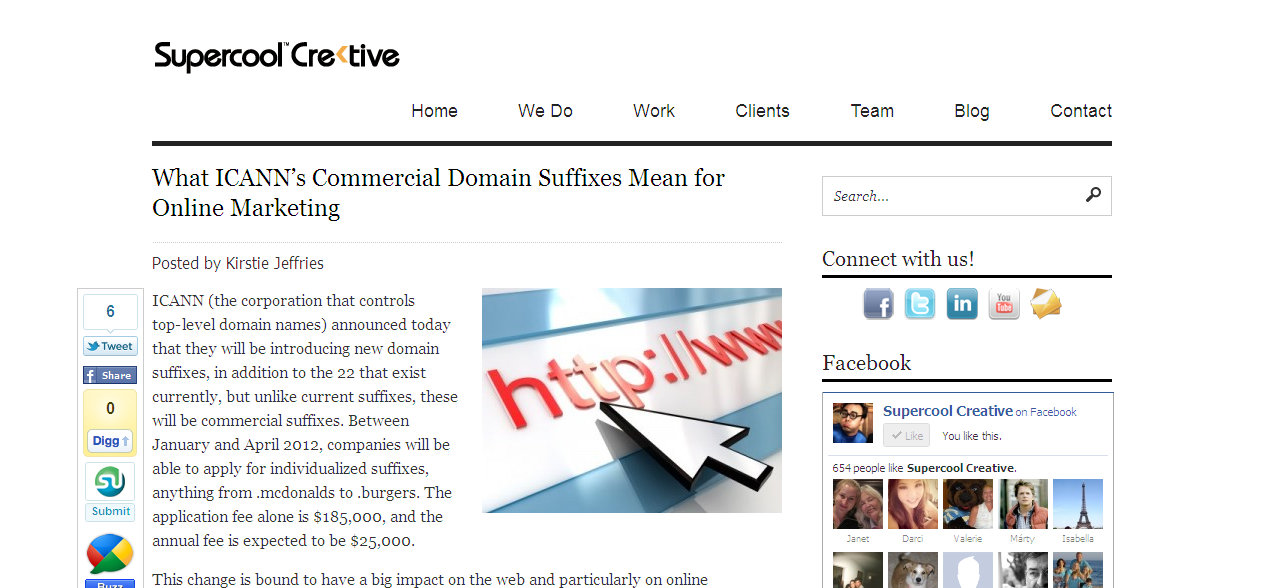As manager of people2people‘s social media accounts, I was sometimes astounded by the comments I saw online. Naturally, we got some negative feedback, as all companies do some time or another (and sometimes deservedly so) but it was shocking just how unprofessional some people could be. In this post on the people2people blog, I explored the topic of social media feedback, the important dos and don’ts of providing it, and how it could make or break your career. Read more below or see the archived version here.
One of the most frustrating aspects of any social media manager’s job is dealing with negative comments. Let’s face it: a company is bound to peeve at least one customer eventually, and, in this day and age, many customers’ first reaction is to take to social media for a rant. If a company has wronged you, publicly shaming them may make them more likely to amend their ways than a private email or call that can easily be swept under the rug, so aren’t you being the good guy for saving other potential ‘victims’ from the same wrongdoings?
The best companies are developing social media teams that respond immediately and effectively to online feedback. Take Dutch airline KLM, who responds to 97.21% of Facebook posts with an average response time of 45 minutes (and even used passengers’ social media profiles to surprise them with gifts!). So it’s natural that many consumers’ first reactions is not to pick up the phone or fill out a feedback form but to jump directly to Facebook or Twitter to complain about a company’s misbehaviour.
But there’s a right and wrong way to go about this. And we’ve seen it firsthand.
 Having interacted with over 300,000 job applicants and employers, we receive more than our fair share of positive feedback, but, naturally, not everyone is madly in love with people2people. How can you blame them, when, for every one person we secure a job for, dozens have to be rejected? And we welcome all feedback, whether negative or positive, encouraging applicants and employers to fill out feedback surveys or pick up the phone and let us know any thoughts or questions they have. We’ve also built up our social media presence in the past few years and make sure we respond to all online feedback.
Having interacted with over 300,000 job applicants and employers, we receive more than our fair share of positive feedback, but, naturally, not everyone is madly in love with people2people. How can you blame them, when, for every one person we secure a job for, dozens have to be rejected? And we welcome all feedback, whether negative or positive, encouraging applicants and employers to fill out feedback surveys or pick up the phone and let us know any thoughts or questions they have. We’ve also built up our social media presence in the past few years and make sure we respond to all online feedback.
Don’t stop sharing your comments, but, please, just take a minute to think before you post!
The same mantra should be applied to everything on the internet, and we’ve talked about how a poor internet presence can be a detriment to your career. Remember, first and foremost, that angry tweets and Facebook posts are public: your friends, family, and current and potential employers can see them. Condemning us to hell for a poor customer experience may be cathartic in the moment, but it could also reflect worse on you than it does on us.
Take one job applicant who took to Facebook to whinge to us about our inability to find her a job – mind you, she claimed to have thrown us her resume over a year ago and never followed up with any calls or updates on her job hunt…until this livid Facebook comment. Right. First, remember, dear job applicants, recruiters provide a free service, and we help as many people as we can, but it’s a two-way street. The sole act of uploading a Word document isn’t going to get you employed. You have to work at it too.
 Second, a search through our database (which contains all of the resumes ever submitted to us!) showed that she hadn’t even ever applied for a job through people2people. I would guess she had confused us with another recruitment agency. Shouldn’t you do a quick review of your records to confirm that the company you’re criticising is actually the company you’re upset with? Oy vey.
Second, a search through our database (which contains all of the resumes ever submitted to us!) showed that she hadn’t even ever applied for a job through people2people. I would guess she had confused us with another recruitment agency. Shouldn’t you do a quick review of your records to confirm that the company you’re criticising is actually the company you’re upset with? Oy vey.
Then there was the guy who decided the best outlet for feedback was YouTube…a comment on a video that had been posted over a year ago, more specifically. This job applicant’s complaint was that he hadn’t received a response to a call he had made a few months ago, which is a very valid complaint, and if a mistake like this occurs, please let us know right away! But the comment was riddled with profanity and misspellings, which reflects incredibly poorly on him and is public to the entire world. Plus, if we try to call you to resolve the situation, don’t refuse a call or follow-up because you’d rather stew in vitriol. That’s just silly.
If you’d like to share criticisms on social media, please go ahead and do so. But if you’re complaining about the fact that we haven’t yet placed you in a role, being rude and unprofessional really, really isn’t going to encourage us to hop on the phone, call every employer and beg them to hire you.
Keep your posts calm and collected. Explain the situation thoroughly (and make sure the situation actually concerns us!). Avoid profanities or personal attacks. Contact us soon after the problem occurs rather than fuming for ages. And if you have any doubts about how a social media post will reflect on you, send us a personal email or pick up the phone. We can always be reached at +612 8270 9700.












